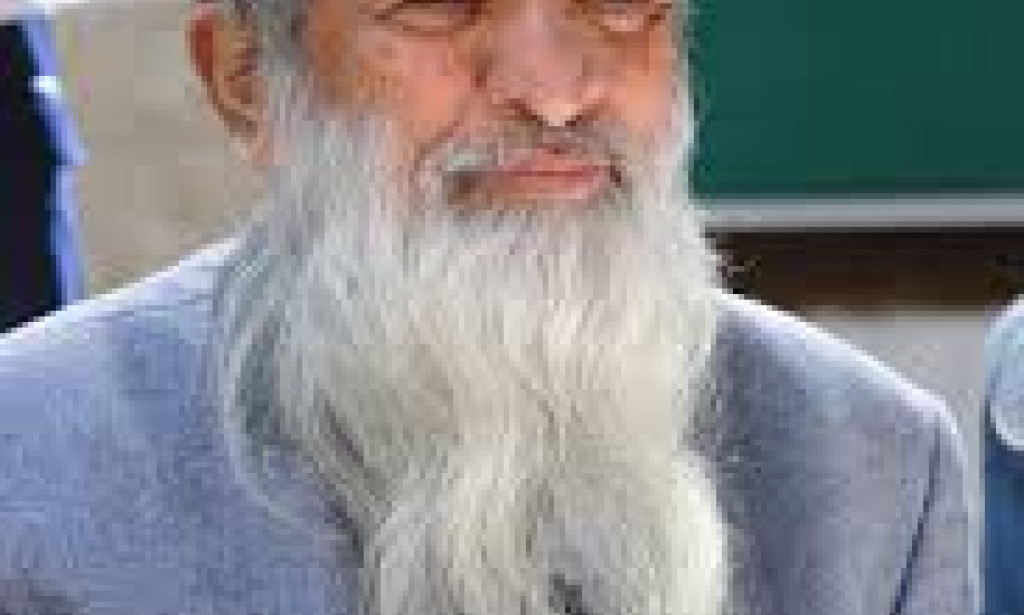Abdul Sattar Edhi: The Angel of Mercy
Abdul Sattar Edhi was one of Pakistan’s most revered humanitarians and philanthropists. Known as the “Angel of Mercy,” he dedicated his entire life to serving the poor, sick, and abandoned. Through his tireless efforts, he established the Edhi Foundation, the largest and most respected charitable organization in Pakistan. His work not only transformed the landscape of social welfare in the country but also earned him global recognition for his selfless service to humanity.

Early Life and Struggles
Abdul Sattar Edhi was born on February 28, 1928, in Gujarat, British India. His mother played a crucial role in shaping his personality, teaching him the values of compassion and kindness. At a young age, he witnessed the suffering of the less fortunate, which deeply affected him. When his mother fell ill and later passed away due to a lack of medical care, it further strengthened his resolve to help those in need.
In 1947, during the partition of India, Edhi and his family migrated to Karachi, Pakistan. The newly formed country was struggling with poverty, disease, and displacement. Edhi, despite having no formal education beyond primary school, took it upon himself to change the lives of the destitute.

The Birth of the Edhi Foundation
In 1951, Edhi established a small dispensary in Karachi with the aim of providing free medical aid to the poor. Over time, as the number of people seeking help grew, he realized the need for a larger welfare network. This led to the formation of the Edhi Foundation, an organization that would go on to become the backbone of Pakistan’s social services.
With no government support, Edhi relied on public donations. He would stand on the streets, asking for funds to buy ambulances and medicines. His sincerity and transparency won the trust of people, and soon, donations started pouring in.

Services and Achievements
The Edhi Foundation provides a wide range of social services, including:
- Ambulance Services – The foundation operates the world’s largest volunteer-run ambulance network, with thousands of ambulances responding to emergencies across Pakistan.
- Orphanages – Edhi established over 20 homes for abandoned children, offering them shelter, education, and care.
- Hospitals and Clinics – Free medical treatment is provided to the poor through hospitals and mobile clinics.
- Burial Services – The foundation arranges funerals for unclaimed bodies, ensuring dignity for the deceased.
- Women’s Shelters – Safe homes for destitute women and victims of domestic violence are run by the foundation.
- Blood and Drug Banks – Providing free medicines and blood donations to those in need.

Recognition and Global Impact
Despite his remarkable contributions, Edhi lived a simple life, owning only a few pairs of clothes. He never sought personal recognition, yet his work was acknowledged worldwide. He received numerous awards, including the Lenin Peace Prize, the Gandhi Peace Award, and Pakistan’s Nishan-e-Imtiaz. His name was even nominated for the Nobel Peace Prize multiple times.

Legacy and Passing
Abdul Sattar Edhi passed away on July 8, 2016, at the age of 88. His death was mourned by millions across the world. His son, Faisal Edhi, continues to carry forward his mission. Even after his passing, Edhi’s legacy lives on through the thousands of lives he touched and the countless people he saved.

Abdul Sattar Edhi remains a symbol of hope, compassion, and humanity. His story is a reminder that one individual’s determination and kindness can change the world. Pakistan, and indeed the world, will always remember him as the greatest humanitarian the country has ever known.



You must be logged in to post a comment.